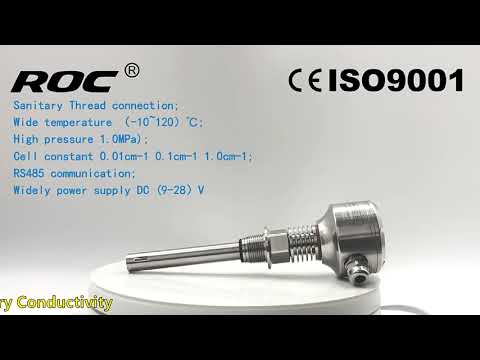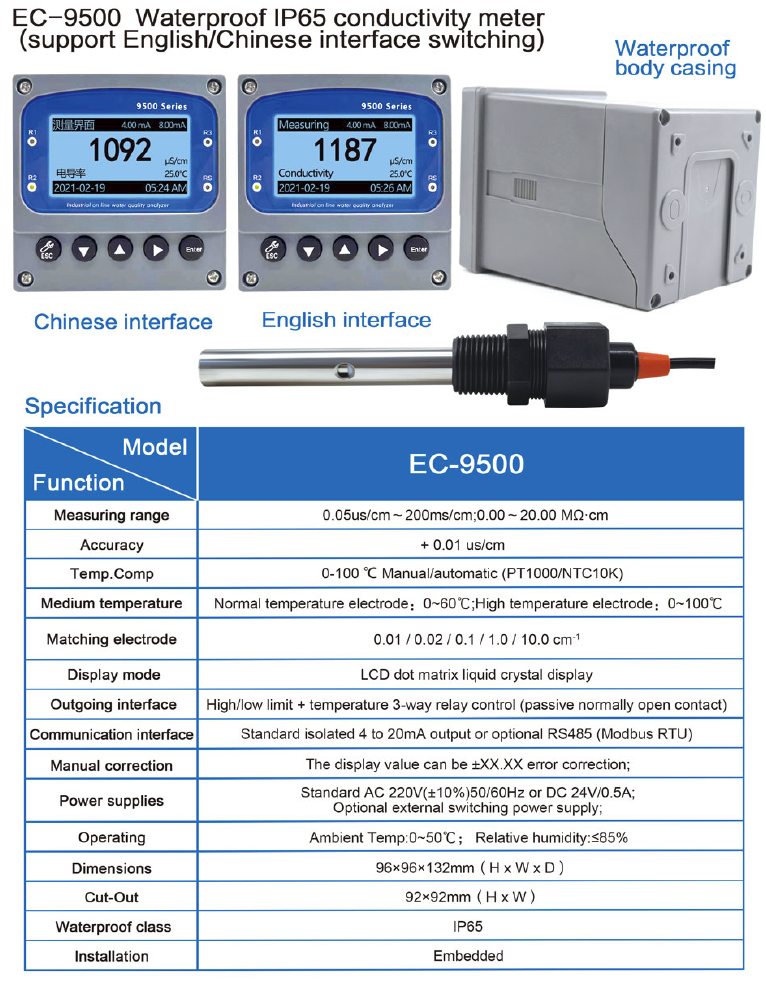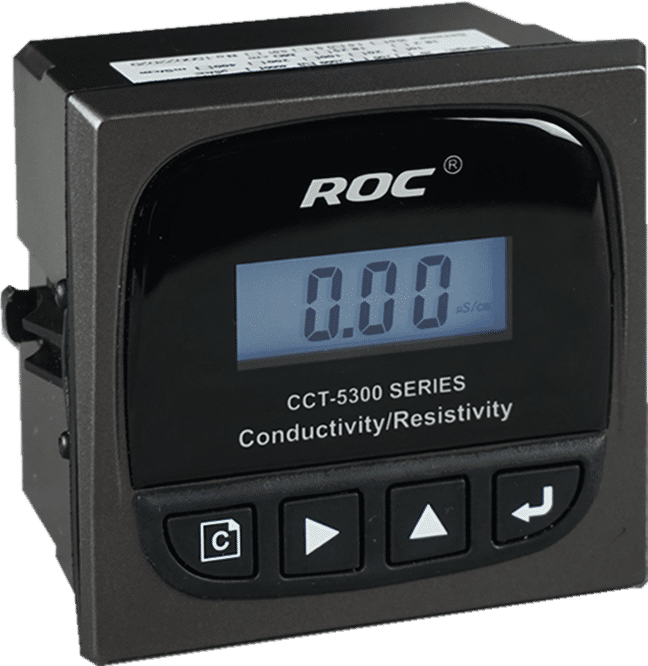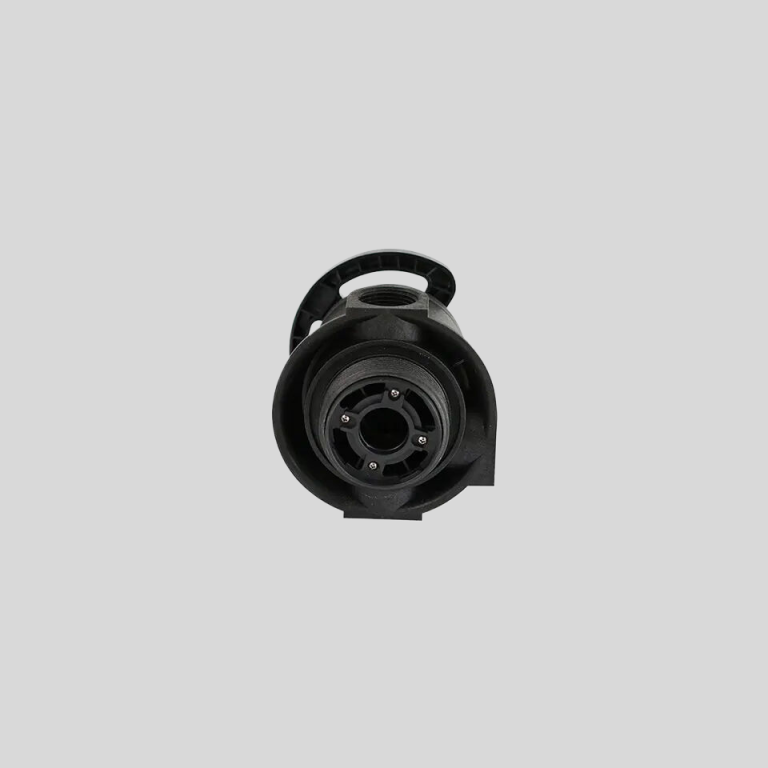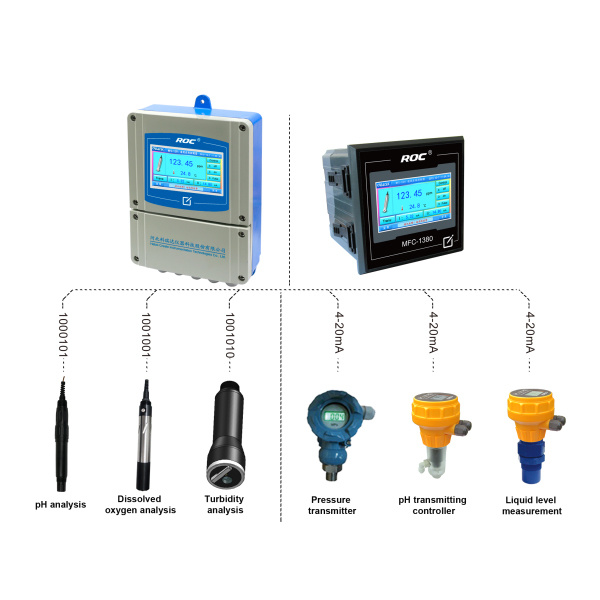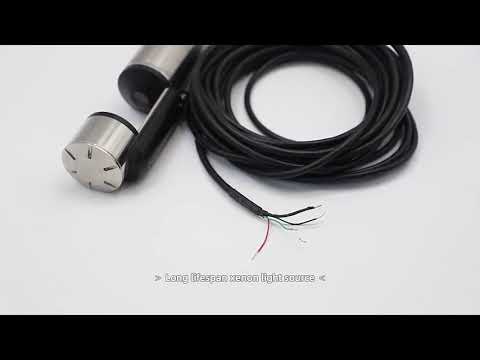Understanding the Importance of ph meter Glass Membrane in Accurate pH Measurements
pH meters are essential tools in various industries, including agriculture, food and beverage production, pharmaceuticals, and environmental monitoring. These devices measure the acidity or alkalinity of a solution by detecting the concentration of hydrogen ions present. One crucial component of a ph meter is the glass membrane, which plays a significant role in ensuring accurate pH measurements.
The glass membrane is a thin, sensitive layer that separates the internal reference solution from the sample being tested. It is typically made of a special type of glass that is selective to hydrogen ions. When immersed in a solution, the glass membrane allows hydrogen ions to pass through while blocking other ions, creating a potential difference that is proportional to the pH of the solution.

One of the key advantages of using a glass membrane in pH meters is its high sensitivity and stability. Glass membranes are designed to respond quickly to changes in pH, providing accurate and reliable measurements in a wide range of applications. Additionally, glass membranes are resistant to chemical interference, making them suitable for use in harsh environments where other types of membranes may degrade or become contaminated.
Another important feature of glass membranes is their durability. Unlike other types of membranes that may deteriorate over time, glass membranes are known for their long lifespan and resistance to wear and tear. This ensures that pH meters equipped with glass membranes can provide consistent and precise measurements over an extended period, reducing the need for frequent calibration and maintenance.
In addition to their sensitivity and durability, glass membranes are also easy to clean and maintain. Regular cleaning and proper storage of pH meters with glass membranes can help prolong their lifespan and ensure accurate measurements. This makes glass membranes a cost-effective option for industries that rely on pH meters for quality control and process monitoring.
Despite their many advantages, glass membranes are not without limitations. They are more fragile than other types of membranes and can be damaged if mishandled or exposed to extreme conditions. Care should be taken when handling pH meters with glass membranes to prevent breakage or contamination, which can affect the accuracy of pH measurements.
| Model | EC-510 Intelligent conductivity meter |
| Range | 0-200/2000/4000/10000uS/cm |
| 0-18.25M\u03a9 | |
| Accuracy | 1.5%(FS) |
| Temp. Comp. | Automatic temperature compensation |
| Oper. Temp. | Normal 0\uff5e50\u2103; High temp 0\uff5e120\u2103 |
| Sensor | C=0.01/0.02/0.1/1.0/10.0cm-1 |
| Display | LCD Screen |
| Communication | 4-20mA output/2-10V/1-5V/RS485 |
| Output | High/Low limit dual relay control |
| Power | AC 220V\u00b110% 50/60Hz or AC 110V\u00b110% 50/60Hz or DC24V/0.5A |
| Working Environment | Ambient temperature:0\uff5e50\u2103 |
| Relative humidity\u226485% | |
| Dimensions | 48\u00d796\u00d7100mm(H\u00d7W\u00d7L) |
| Hole Size | 45\u00d792mm(H\u00d7W) |
| Installation Mode | Embedded |
In conclusion, the glass membrane is a critical component of pH meters that plays a vital role in ensuring accurate and reliable pH measurements. Its high sensitivity, stability, durability, and resistance to chemical interference make it an ideal choice for a wide range of applications. By understanding the importance of the glass membrane in pH meters, industries can make informed decisions when selecting pH meters for their specific needs. Proper care and maintenance of pH meters with glass membranes can help maximize their performance and longevity, ultimately leading to improved quality control and process efficiency.

